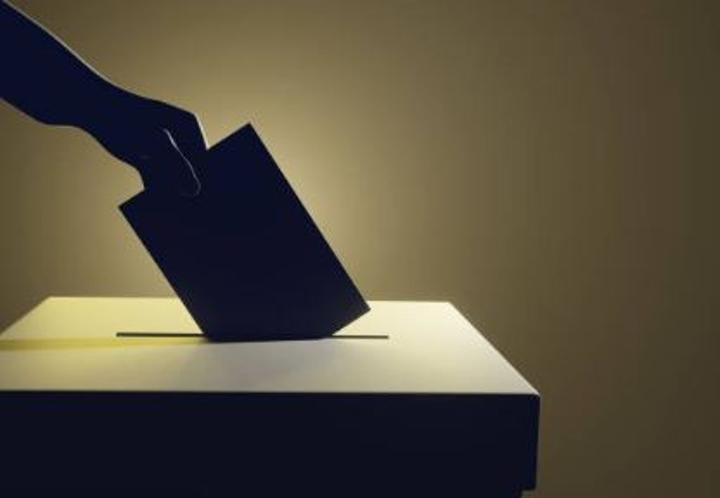Africa-Press – South-Sudan. South Sudan’s special administrative areas, including the Greater Pibor Administrative Area (GPAA), have yet to see the establishment of local electoral bodies to prepare citizens for the upcoming 2026 elections.
South Sudan, for the first time since its independence, will hold general elections next December. With the country’s 10 states having electoral committees established and respective chairpersons appointed, the administrative areas still lag. On 26 May 2025, the National Elections Commission (NEC) officially inaugurated the State High Electoral Committee (SHEC) office for Central Equatoria State and announced that plans were underway for offices to be opened in the rest of the states.
However, speaking on Radio Tamazuj’s Road to Democracy program, several Pibor residents said they feel neglected. Nyany Korok questioned why they remained with no electoral body or activities, with 2026 nearing.
“GPAA is part and parcel of South Sudan. Is there a reason electoral bodies are established in 10 states while neglecting the three administrative areas?” he asked, urging the NEC to establish a local office to conduct voter registration and civic education before the transitional period elapses.
Another resident who identified himself only as John said they had heard of elections but had yet to see related activities.
“We are aware that there will be elections and we are ready. However, we are only hearing about elections in the media. The government is silent, making us doubt that the elections will be conducted,” he said. “If you can see, we are a few months away from 2026, yet there is no civic education or even government officials addressing us directly about elections.”
In Pochalla, Okwier Ojulu Okwier reiterated readiness for elections, emphasizing that the exercise will allow them to vote for peace and development.
“No one wants war in 2026, so we appeal that the government addresses all obstacles for us to vote next year,” he said.
NEC Chairperson Prof. Abednego Akok was not immediately available for comment.
For his part, Simon Peter Ajany, the GPAA Local Government Minister, said consultations are taking place and that they may have an electoral body established in two weeks.
“Like other administrative areas, GPAA is under the office of the president, so it has special treatment with NEC having to consult the presidency on the way forward. Our chief administrator has been in consultation with NEC, and within two weeks, we will have our electoral committee established,” he stated. “As a government, we are conducting awareness on our local radio stations. We are planning to conduct community outreach soon. GPAA is not neglected, and our people should remain ready for elections because very soon, election activities will start in all administrative areas.”
Meanwhile, Ter Manyang, a civil society activist and the executive director of the Center for Peace and Advocacy (CPA), said the continued lack of electoral activities ahead of the 2026 poll represents an uninformed community, a trend he said is worrying.
He urged the NEC to establish offices in the 10 states and three administrative areas.
“NEC should build trust among the public. This will only happen by having awareness conducted and providing a civic space,” he said. “Otherwise, continuous division, lack of reforms, and absence of activities create mistrust.”
For More News And Analysis About South-Sudan Follow Africa-Press






